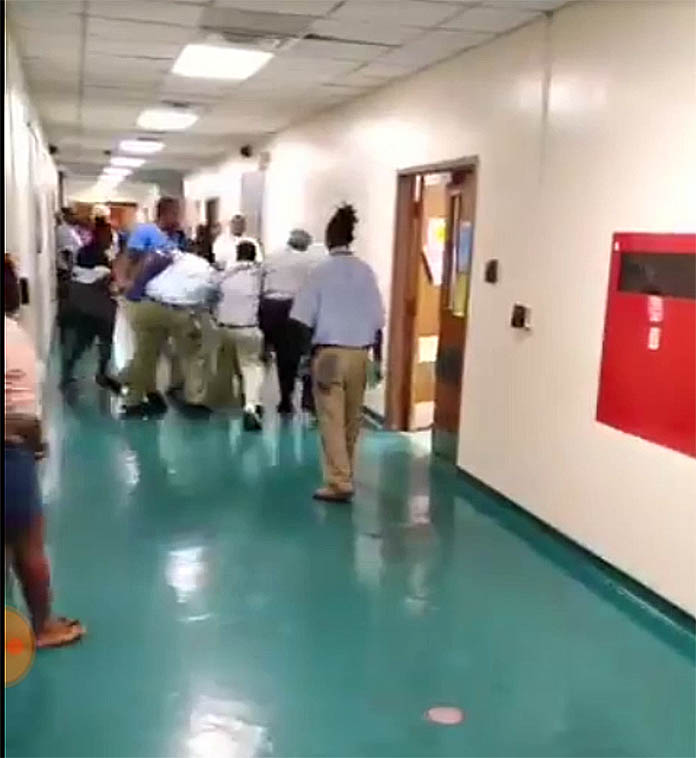
By Jerry Roker | For Bahamas Press
It is patently clear that The Bahamas requires more resources for our healthcare system in order to deliver quality service to its people than governments have been willing to invest in. It is obvious that, without this commitment, the funding gaps in healthcare will ensure that institutions continue to fail in their quest to achieve best-practice standards.

The primary objective of a health delivery system is to enable citizens to receive cost-efficient care in a timely manner. Despite the government ambitiously expressing the desire to achieve this objective, many of the old problems persist.
A healthcare system is as strong as its weakest link. It is unfortunate that The Bahamas is constantly struggling to address these weak links in its healthcare system. We refer specifically to lack of resources, shortage of manpower, rundown equipment, and overcrowding. These are some of the factors that prevent poor Bahamians from enjoying optimal health.
Even though The Bahamas has made credible strides in areas such as immunisation programmes and maternal health, we are still a long way from delivering timely and efficient healthcare to the poorest in society who depend on public institutions for their care.
There is no doubt in my mind that poor management is the root cause of some of the problems.
I will acknowledge that there are resource problems, compounded by greater demands and ageing plants. I would like to see an approach that favours the building of alliances between the public and private sector, including hospitals and insurance companies. Indeed, public-private partnerships can make a difference, and it goes beyond donating aid to build sustainable infrastructure.
We should consider embracing the concept of feeless services at hospitals. There is a long-held view that persons who can afford to pay for their healthcare should be obliged to do so while protecting the most vulnerable in society who may not be able to meet their financial obligations.
Venerable Institutions such as the PMH and the Rand are not able to provide the standard of care expected from them because of a lack in resources. Even small but essential items such as stretchers and wheelchairs, which play an important role in routine service, exist in tatters and tell a story of neglect. What about core necessary medical equipment?
A weak health system is a danger to the citizens of a country. We must do better.







